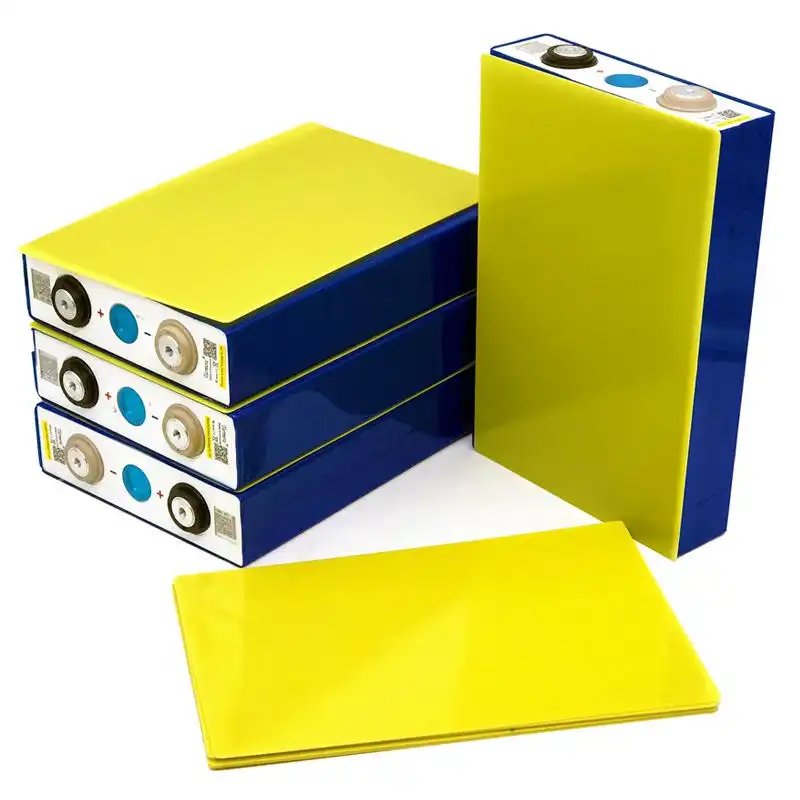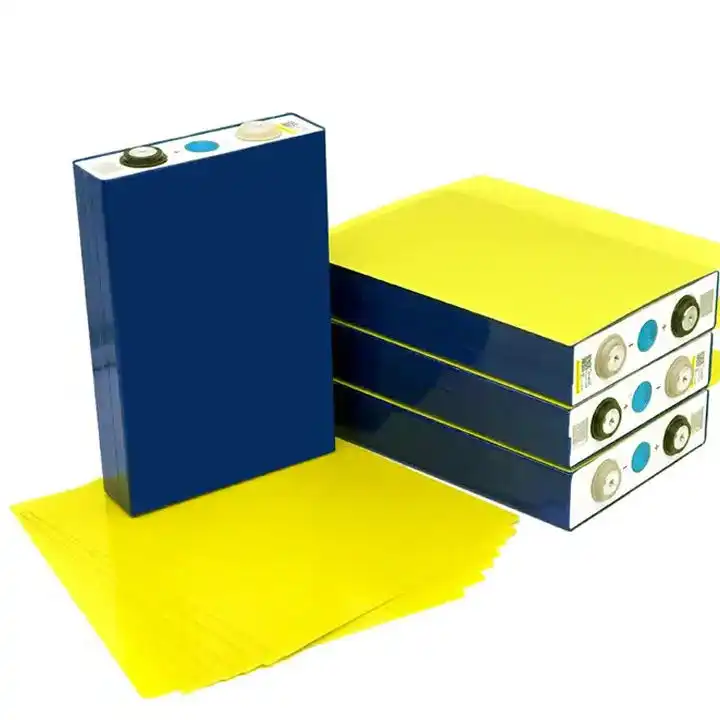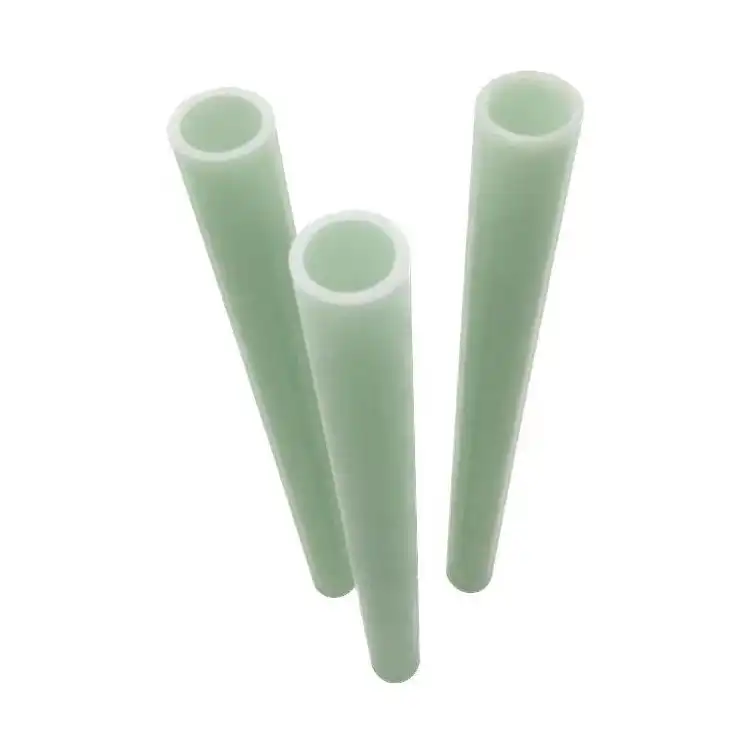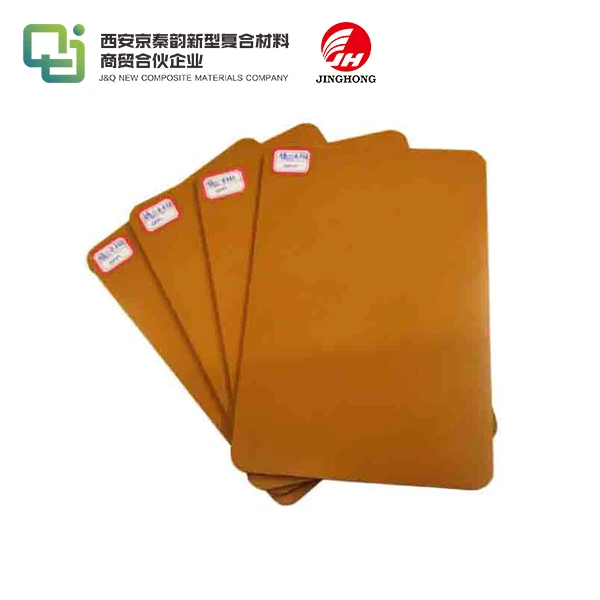What are the properties of Epoxy FR4?
2024-08-19 14:02:52
Epoxy FR4 is a versatile and widely used material, especially in the electronics industry. This high-pressure thermoset plastic laminate is known for its robust mechanical strength, insulating properties, and resistance to environmental factors. In this blog, we’ll explore the key properties of Epoxy FR4, making it a popular choice for various applications. We’ll cover its mechanical, thermal, and electrical properties, providing a comprehensive understanding of why Epoxy FR4 is so widely utilized.
|
|
Basic Information: Brand: JingHong Materials: 7628 Electronic cloth+Epoxy Resin Nature Color: Light Green Thickness: 0.3mm --- 100mm Regular Size: 1030mm*1230mm Custom Size: 1030mm*2030mm, 1220mm*2440mm, 1030mm*1030mm 1030mm*2070mm |
| Contact Us | |
Mechanical Properties of Epoxy FR4
Epoxy FR4 is celebrated for its exceptional mechanical properties, which make it a go-to material for many industries, particularly in electronics and manufacturing.
High Strength and Durability
Epoxy FR4 is areas of strength for unbelievably strong, enduring impressive mechanical pressure without twisting or breaking. This property is especially significant in printed circuit loads up (PCBs), where the material should uphold electronic parts while keeping up with primary honesty over the long run.
Dimensional Stability
One of the most striking mechanical properties of Epoxy FR4 is its layered solidness. In applications where precision is of the utmost importance, the material's ability to maintain its shape and size across a wide range of temperatures and environmental conditions is crucial.
Impact Resistance
Epoxy FR4 is additionally known for its phenomenal effect opposition. Because of this, applications in which the material may be subjected to sudden forces or shocks are suitable for it. Epoxy FR4 products have a long service life, even in challenging environments, thanks to the combination of strength, durability, and impact resistance.
Flexural Strength
Flexural strength alludes to the material's capacity to oppose misshapening under load. Epoxy FR4 has a high flexural strength, which means it can bend without breaking. This makes it a good choice for flexible PCBs and other applications where a material needs to be strong and flexible at the same time.
Thermal Properties of Epoxy FR4
Thermal performance is another critical aspect of Epoxy FR4, particularly in electronics, where temperature stability can affect the performance and lifespan of the components.
High Thermal Stability
Epoxy FR4 can withstand high temperatures without degrading, making it suitable for use in high-temperature environments. Its glass transition temperature (Tg) is typically around 135°C to 140°C, although some variants of FR4 can have Tg values as high as 170°C or more. This high thermal stability ensures that the material does not soften or melt at elevated temperatures, maintaining its structural integrity.
Low Thermal Conductivity
While Epoxy FR4 is thermally stable, it also has low thermal conductivity. This means it does not easily transfer heat, which is advantageous in applications where insulation is needed to protect sensitive electronic components from heat buildup. This property also contributes to the overall energy efficiency of devices that use FR4 as an insulating material.
Coefficient of Thermal Expansion (CTE)
The CTE of a material measures how much it expands or contracts with changes in temperature. Epoxy FR4 has a low CTE, which means it expands and contracts very little with temperature fluctuations. This is crucial in maintaining the alignment and integrity of PCBs, where even slight changes in dimension can lead to malfunctions.
Thermal Shock Resistance
Epoxy FR4 can handle sudden changes in temperature without cracking or losing its properties, which is essential in environments where thermal shock might be an issue, such as in aerospace or automotive applications.

Electrical Properties of Epoxy FR4
The electrical properties of Epoxy FR4 are perhaps its most well-known characteristics, making it an indispensable material in the electronics industry.
Excellent Insulating Properties
Epoxy FR4 is an excellent electrical insulator, which means it does not conduct electricity. This property makes it ideal for use in PCBs, where it serves as the insulating base that supports and separates conductive pathways. The high dielectric strength of Epoxy FR4 ensures that it can withstand high voltages without breaking down, preventing short circuits and ensuring the reliable operation of electronic devices.
Low Dielectric Constant
The dielectric constant of a material affects how much it can store electrical energy in an electric field. Epoxy FR4 has a low dielectric constant, typically around 4.5, which is important for maintaining signal integrity in high-frequency circuits. A low dielectric constant reduces signal loss, making Epoxy FR4 an ideal material for high-speed digital and RF circuits.
Low Electrical Conductivity
In addition to being an insulator, Epoxy FR4 also has low electrical conductivity, which further enhances its ability to prevent unwanted current flow. This is especially important in multilayer PCBs, where electrical isolation between layers is critical.
Electrical Strength
The electrical strength of Epoxy FR4 refers to its ability to resist electric breakdown under high voltage. This property is crucial in high-voltage applications where the material must withstand significant electrical stress without failing.
Conclusion
Epoxy FR4 is a material that offers a unique combination of mechanical, thermal, and electrical properties, making it highly versatile and widely used in various industries. Its strength, durability, and stability under a range of conditions make it particularly valuable in electronics, where it is used extensively in PCBs and other critical components. Understanding the properties of Epoxy FR4 helps in selecting the right material for specific applications, ensuring reliability, safety, and longevity of the products.
If you're looking to learn more about Epoxy FR4 or need expert advice on its applications, feel free to contact us at info@jhd-material.com. We have over 20 years of experience in producing and selling insulating sheets, and our fully automated production workshop ensures consistent quality across all our products.
References
1. "Understanding FR4 and Its Applications in PCB Design" - Electronics Tutorials.
2. "Material Properties of Epoxy FR4 for PCB Manufacturing" - PCB Way.
3. "Thermal and Mechanical Properties of FR4 Epoxy Laminates" - Journal of Materials Science.
4. "Electrical Insulation Properties of FR4 Materials in PCB Applications" - IEEE Xplore.
5. "The Impact of Thermal Stability on Epoxy FR4 Laminates" - Advanced Materials.
6. "Characterizing the Dielectric Properties of FR4 Epoxy Boards" - Electronics Weekly.
7. "Epoxy FR4 Laminate Material for High-Performance Electronics" - Electronics Industry Reports.
8. "Durability and Mechanical Strength of Epoxy FR4 in Harsh Environments" - Materials Science and Engineering.








